Aug 11, 2025
Author:Amanda Lyu
It starts with a missed meal. Then, you realize that your cat is confused about the location of their litter box or even forgets to use it. It is painful for a cat owner to see these minor but alarming changes, particularly in an animal that used to have such keen senses.
The cats are also prone to dementia or cognitive dysfunction syndrome (CDS) as they grow old. There is no test or treatment; however, learning the symptoms and lifestyle changes can make a huge difference in the quality of life of your cat.
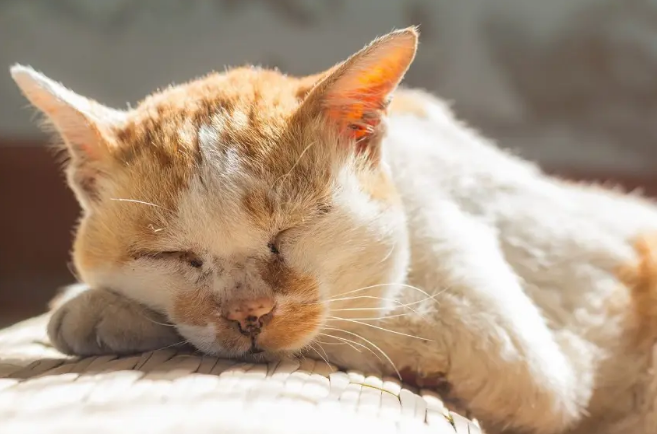
What is feline dementia, then? What does it do to your cat, and what can you do to ensure that your cat ages comfortably? Let’s explore together.
Cat dementia or CDS is a progressive brain disorder that leads to cognitive impairment in old cats. It bears many similarities to Alzheimer in humans. As cats live longer with better nutrition, health care, and living indoors, age-related diseases like dementia are being diagnosed at an increasing rate.
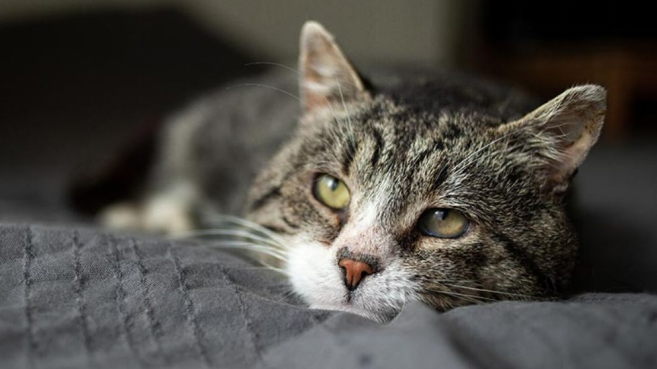
Most of the symptoms begin to appear when one is 11 years old, although they are not normally observable. At the age of 15 years, over 50 percent of the cat will have a cognitive or behavioral change. The condition can occur in any breed, regardless of sex, and in both indoor and outdoor environments.
Dementia, in turn, cannot be diagnosed with the help of one test; it can be confirmed through the analysis of behavioral patterns and the elimination of other health conditions.
It’s normal for a cat’s behavior to change with age. Some of these changes—like slowing down, sleeping more, or becoming more selective with food—are simply part of the aging process. However, certain behavioral changes may signal something more serious, such as cognitive dysfunction.
The most important step towards ensuring the quality of life of your cat is to understand the distinction between normal senior behavior and the more disturbing symptoms of dementia.
The cognitive dysfunction syndrome (CDS) in cats is usually characterized by the following symptoms:
Your cat can start roaming around with no apparent direction, getting trapped behind furniture, or having trouble locating their food bowl or litter box, even when they have been using it for years. Misunderstanding of familiar places is usually one of the first indicators of dementia.
A cat with CDS will also lose time and forget when they are supposed to be fed, or wake up in the middle of the night, or even after they have been fed and ask to be fed.
You may see your cat pacing, meowing, or looking restless in the middle of the night. Meanwhile, they can also sleep too much during the day, and this interferes with their internal rhythm as well.
It may be a red flag when a cat that has been well-trained begins to urinate and defecate outside the litter box. They can forget the location of the litter box, or they can not realize that they need to go until too late.
Dementia in cats usually makes them more vocal, particularly at night. These howls or meows might appear to be without a purpose, but they are usually caused by disorientation or anxiety.
A matted coat is a result of neglected grooming. The cat, in most instances, forgets to clean itself or has lost the priority of the routine. How to Care for Your Cat’s Hair can help you understand proper grooming support.
There are cats that may over eat or under eat, may forget where their food is, or may be stressed when fed. Why Is My Cat Not Eating? discusses more on the feeding behavior problems.
The litter box is another weird behavior that can be a sign of discomfort or stress, not only dementia. Why Does My Cat Sleep in the Litter Box analyzes the behavior.
It is not clearly understood what causes it, but research has shown that the buildup of beta-amyloid proteins in the brain may interfere with the normal functioning of nerves. These protein deposits inhibit the communication of nerve cells and influence the blood flow, which eventually causes memory, spatial orientation, and behavioral loss.
Others are chronic inflammation, oxidative stress, and age-related shrinkage of brain tissue.
Though dementia is not necessarily preventable, in some cases, the decline of cognitive functions can be delayed using lifestyle, diet, and stimulation.
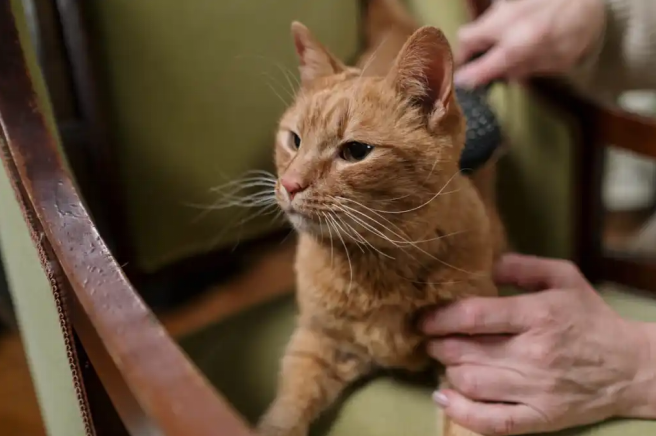
Feline dementia can never be confirmed by a blood test or scan. Vets will perform a complete check-up and probably perform tests to eliminate the possibility of conditions that resemble the symptoms of dementia: kidney disease, hyperthyroidism, diabetes, or arthritis.
In some cases, the symptoms of dementia are side effects of chronic pain or sensory loss. Blindness or deafness cause a cat to appear lost or disconnected, similar to what is experienced when a cat is disabled.
Your vet will also check how your cat responds, how they behave with people or other pets, and whether they remember any cues or routines.
Although CDS has no cure, there are several methods of dealing with symptoms and ensuring your cat is as happy and comfortable as long as possible.
Cats live on routine. Grooming and playtime should be done at a particular time. Do not move furniture, litter box, or food bowl around; this may cause disorientation and distress.
If your cat has mobility problems or dementia, consider putting non-slip mats in the home and keeping the pathways clear. How to Care for Senior Cats has helpful aging tips.
Elderly cats may forget to drink enough water, and this may worsen cognitive symptoms. Encourage the use of drinking water- provide a pet water fountain- most cats prefer running water to standing bowls. It must be kept frequently clean to prevent the growth of bacteria.
Engage your cat through puzzle feeders, scent games, or gentle play with familiar toys. Even watching birds through a window can be a visual stimulation. Fun Cat Games for Mental Stimulation offers ideas to keep their minds sharp.
Do not punish your cat when it acts weirdly; it is most likely a sign of cognitive alterations. Instead, strengthen any positive contacts or signs of interest in you.
Feed your cat a diet that is designed to meet the needs of older pets, which is rich in antioxidants, omega-3 fatty acids, and B vitamins. These are nutrients that are helpful to cognitive health and can be applied to retard mental decline.
Do not introduce too strong foods. Cats are also sensitive to strong odors, including the smell of candles or essential oils, and they may become agitated.
Any cat can become disoriented by travel, but a senior cat with memory problems has a hard time. If you want to travel with your cat, do it with caution.
Put into a snug carrier with familiar bedding, make minimal noises, and do not make sudden movements. To help you, here are some useful tips on traveling with a cat.
Avoid car rides as much as you can and never travel long distances with a senior or cognitively impaired cat without consulting your vet.
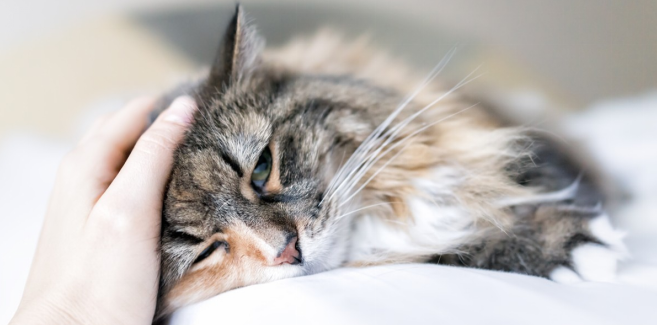
While there’s no officially licensed medication for feline dementia, your vet may recommend treatments to ease anxiety and improve quality of life. These can include:
● Calming pheromone diffusers (like Feliway)
● Antioxidant supplements
● Anti-anxiety medications
● Painkillers in case of arthritis or other diseases
Dementia cannot be prevented by any means, but healthy lifestyle habits can postpone it.
Start early by keeping your cat mentally and physically active and well-fed on a high-quality diet. Monitor weight gain that may limit mobility and cause stress. Best Automatic Cat Feeders can assist with portion control and regular feeding.
When your cat starts pacing, yowling at night, forgetting routines, or appearing confused in familiar places, you are not imagining things. Cats can do get dementia, and it is more widespread than many people imagine.
The most effective measures to help your cat to live years would be to recognize the signs early, provide a stable environment, and collaborate with your veterinarian. Your cat can still receive affection, comfort, and connection even when cognitive decline occurs.
Label:
Popular Post

What to Feed a Sick Dog With No Appetite? [2025 Guide]
May 16, 2023

Troubleshooting Common Issues with Automatic Pet Feeders: Tips & Tricks for Pet Owners
Oct 26, 2023
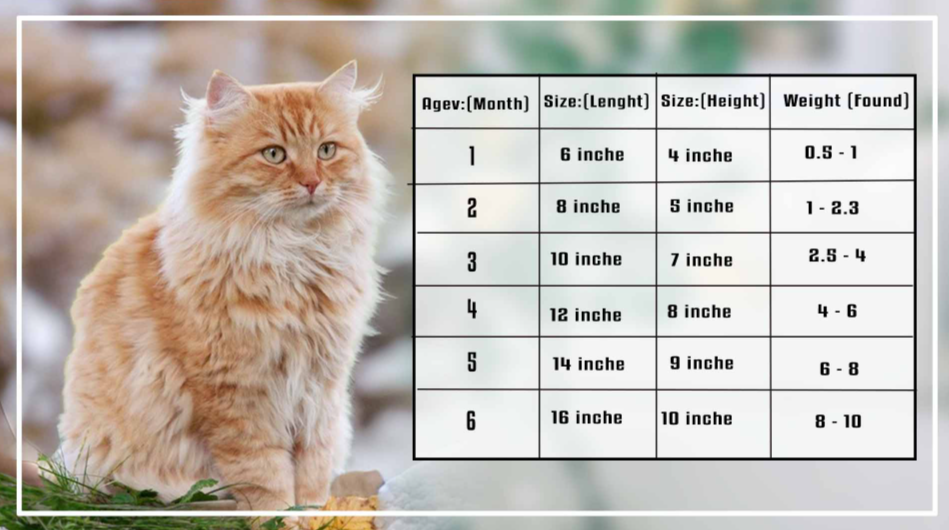
What is a standard Cat Weight chart by age Kg?
Mar 19, 2025

Why Does My Cat Cough After Drinking Water? 8 Potential Reasons
Mar 13, 2023
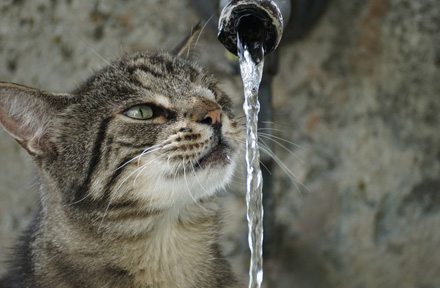
Why is My Cat Throwing up Water? Top 5 Causes Here
Feb 08, 2023
$109.99
$129.99
Copyright © 2025 WOPET. All Rights Reserved.